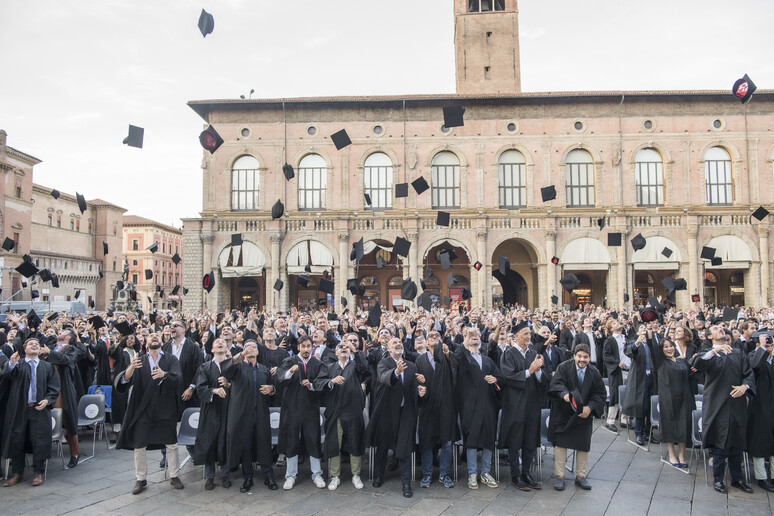Young women with a university degree
in Italy on average earn roughly half the income of their male
counterparts, or 58%, the widest gender gap recorded in the
38-country area of the Organization for Economic Cooperation and
Development(OECD), according to a report out on Tuesday.
The OECD report Education at a Glance 2024 noted that Italy
spends 4% of GDP for education against an OECD average of 4.9%.
Meanwhile, according to nearly all the parameters available,
female students obtain better academic results than their male
counterparts and, in many cases, the gap is widening, the report
said.
And even though women perform better than men in education, the
scenario changes when they enter the labour market.
Women between the ages of 25 and 34 are less likely to be in
employment than men with the gap widening for those who have a
lower level of education.
In Italy, only 36% of young women who have not obtained a high
school degree are employed while 72% of their males counterparts
have a job - the OECD average is, respectively, 47% and 72% -
the report found.
ALL RIGHTS RESERVED © Copyright ANSA











